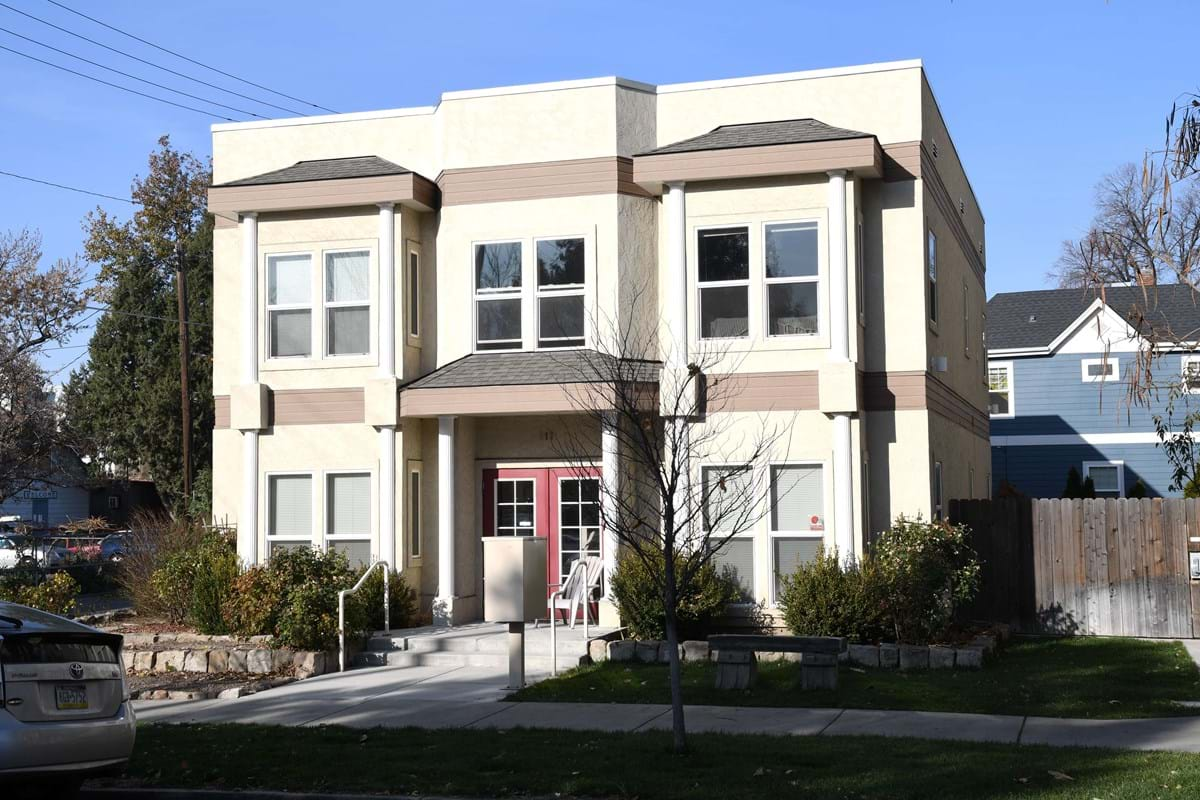Overview
The City of Boise receives an annual allocation of Community Development Block Grant (CDBG) funds from the U.S. Department of Housing and Urban Development (HUD). CDBG is a flexible program that provides funding to address a wide range of unique community development needs, including projects and activities that focus on low- to moderate-income persons and households. Each year, 15% of the City’s annual CDBG allocation from HUD is used to support non-profit organizations providing public services in the community.


